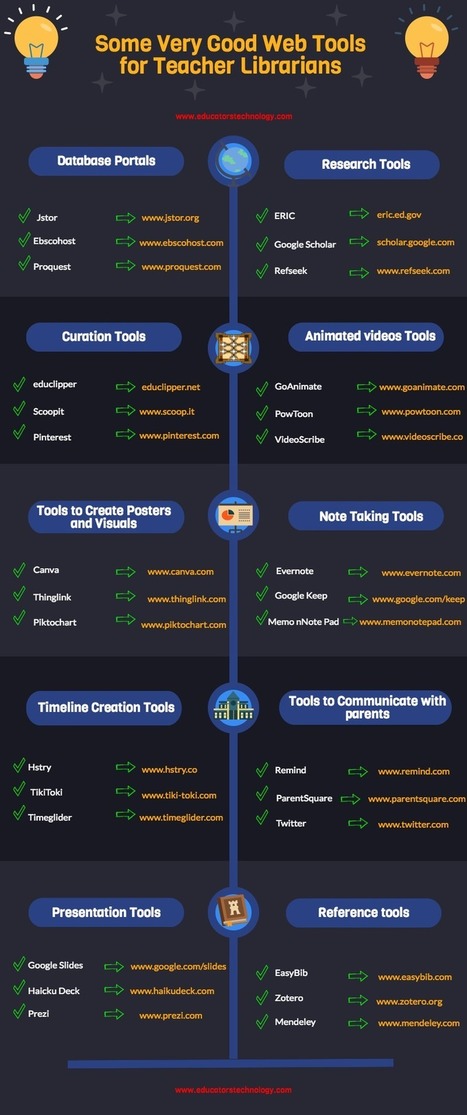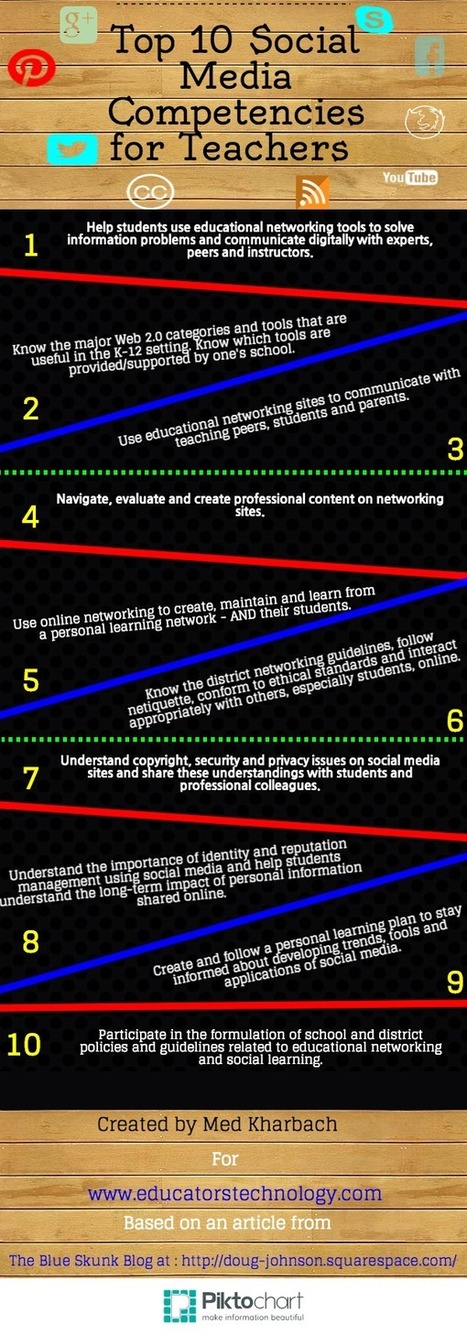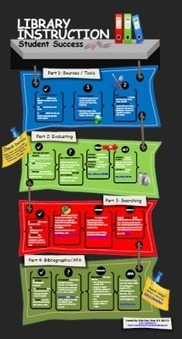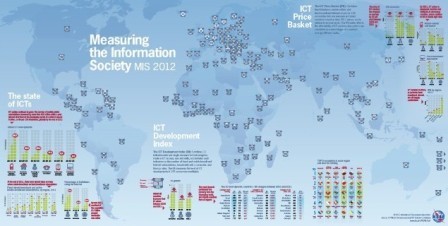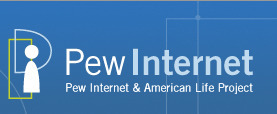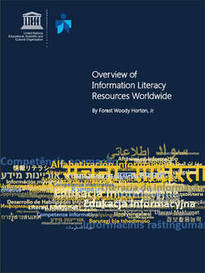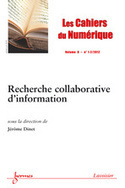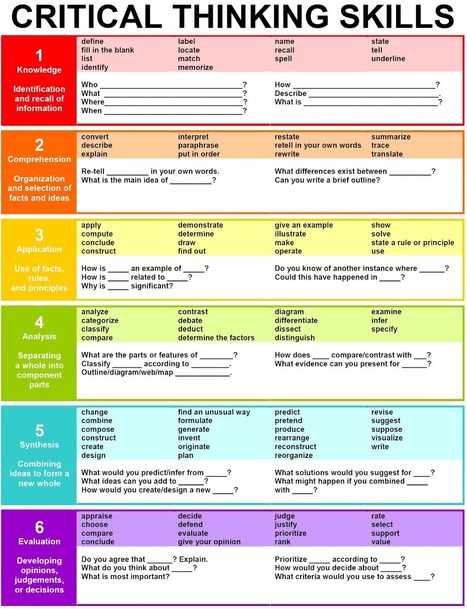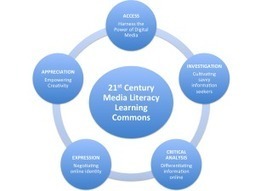Librarians make a huge difference in our students lives. They are entrusted with a wide variety of educational tasks. Some of these tasks according to Queen University Library include: help students with information-related activities, assist students in developing information literacy skills that allows them to navigate and search the web effectively, collaborate with teachers in creating challenging project-based activities, run different literacy clubs, build library collections and many more.
Via Elizabeth E Charles



 Your new post is loading...
Your new post is loading...

